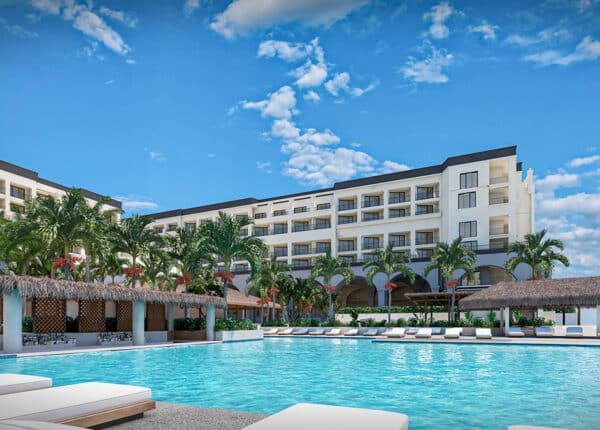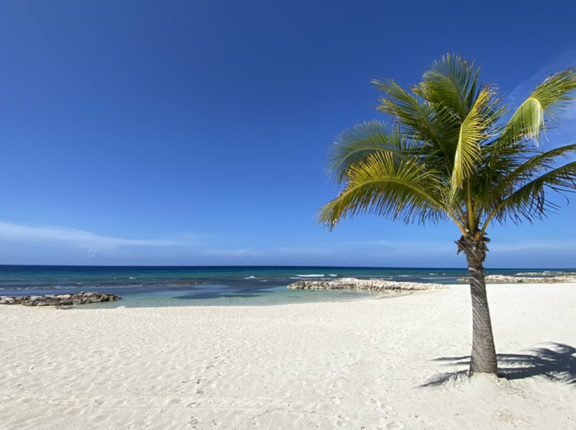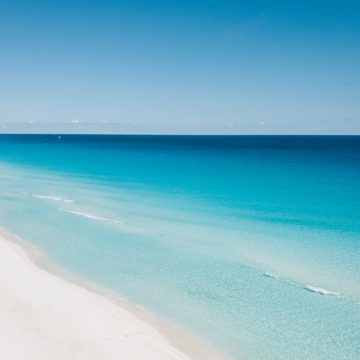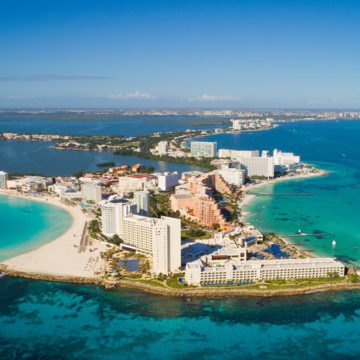Op-Ed: Why Venezuela Ought to Reconsider Its Withdrawal From ICSID
By Alexander G Leventhal
Op-Ed Contributor
IN JANUARY OF 2012, Venezuela announced that it would withdraw from the ICSID convention, a 1966 treaty that established an arbitration and conciliation institution based in Washington, DC to deal with international investment disputes. The decision came as Venezuela faced mounting challenges from private investors in the wake of regulatory changes to the investment environment in Venezuela, such as an increase in extraction and income taxes and the nationalization of shares of foreign owned companies.
“We have to get out of ICSID,” Venezuela’s late President Hugo Chavez exclaimed on his weekly television show shortly before the denunciation was formalized and only months after ExxonMobil was awarded $747 million (on an initial claim of $7 billion) for losses related to the nationalization of assets in 2007.
As Venezuelans go to the polls to elect a new President, both candidates have been decidedly silent about whether they plan to keep Venezuela among a minority of countries that remain outside of the ICSID convention. However, Venezuela’s leaders should explain the issue to the Venezuelan people because it is important for Venezuela to provide its foreign investors with recourse to a neutral forum in which to settle investment issues.
In the past, Venezuela has indeed been the subject of unequal treatment from foreign powers. The decision of Venezuelan military strongman Cipriano Castro to halt payment of foreign debts after taking power in 1899 led to a joint military blockade by Britain, Germany, and Italy. At the behest of the United States, Venezuela and its blockading debtors came to an agreement by which Venezuela would pay its debts with 30% of customs revenues from two of its ports on an ongoing basis. When Venezuela (along with several of its other creditor nations) contested the interpretation of Britain, Germany, and Italy that these payments should have preferential treatment over other debts, a tribunal established by the Permanent Court of Arbitration in the Hague upheld the rights of the claimant countries to preferential treatment.
The world has much changed since the so-called Venezuela Crisis of 1902-03. Debtor states no longer need fear aggression from their creditors. However, both developed and developing countries do need to attract foreign capital to expand their domestic economies. Alternatively, foreign investors need assurances that their investment will not be subject to arbitrary measures without recourse to a neutral forum in which they can assert their rights. It is precisely the issue of foreign investment, and not sovereign debt, that has been the subject of Venezuela’s disputes with foreign investors.
It is important to keep in mind that ICSID does not establish any standards for treatment of foreign investment. It does not impose national treatment, most favored nation status, fair and equitable treatment, or any minimum standard of treatment of foreign investment. These standards are established by bilateral and regional treaties or, in their absence, customary international law.
Venezuela’s foreign investment disputes have mainly centered around its nationalization of foreign assets and, more precisely, fair compensation for these expropriations. Venezuela has argued that it should only be required to refund the amounts initially invested while foreign investors have claimed market value, based on the present value of future cash flows. The role of ICSID tribunals has merely been to interpret this and other standards in light of the bilateral investment treaties that Venezuela has signed with other nations and international law, not to impose any exterior solution.
Moreover, ICSID rules provide a process that is fair and equitable. The tribunal that was constituted under the auspices of the Permanent Court of Arbitration to resolve the Venezuela Crisis of 1902-03 consisted of two Russians and one Austro-Hungarian, all of whom were chosen by an emissary of the Russian Czar. The ICSID Rules allow each party to the dispute to pick an arbitrator and allow the two arbitrators to pick the tribunal’s President, giving the party considerable control over the process.
In fact, not all ICSID rulings have been contrary to Venezuela. Several months ago an ICSID panel found for Venezuela against a Canadian mining company, agreeing that Venezuela’s termination of the company’s mining rights was justified and legitimate.
So what good is ICSID if its rules are only procedural? It provides foreign investors and contracting states with a neutral means of recourse when they believe their rights have been violated. Venezuela’s withdrawal from ICSID deprives existing foreign investors of such a forum and discourages potential investors from entering an insecure investment environment. To the extent that Venezuela is unsatisfied with ICSID rulings, its problem is with the bilateral investment treaties and other conventions it has signed, not ICSID. Furthermore, with Haiti’s accession to the convention in 2009, Venezuela becomes more isolated in the Carribean community, which has embraced ICSID.
With coming elections in the wake of the premature passing of Hugo Chavez, Venezuelans should reflect on what future they want for their country. Candidates should put the issues squarely in front of the Venezuelan people and not allow platitudes and bombastic rhetoric to obscure the importance of the ICSID convention to the future of development in Venezuela and integration with the Caribbean and Latin American communities.
Alexander G Leventhal is an associate in the arbitration department of Jones Day LLP’s Paris office. He is a graduate of Harvard University and the University of Pennsylvania Law School and a member of the New York Bar. He has experience in arbitration throughout the world.
Note: the opinions expressed in Caribbean Journal Op-Eds are those of the author and do not necessarily reflect the views of the Caribbean Journal.







